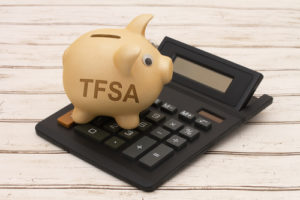 By Angela Baker
By Angela Baker
Finances are always problematic, and everyone struggles to find balance in this field.
At the beginning of our professional careers, we are on a tight budget with little perspective for any progress. As time passes, our financial goals get higher and desires may seem unrealistic. There are many ways to plan finances and to set long-term and short-term financial goals. Below, we will try to explain steps for success in this activity.
Define goals and objectives
If you decided to set financial goals, start with clear contemplation about what you need and how you will achieve that. This is the first and most important step. Decide how much money you want to possess each day, month or year. Then after you have determined the amount, start to plan the way for realizing the financial goal.
This may include a new activity like running a website, opening a store, renting houses or finding a well-paid job. No matter what is it, you need a lot of planning and counting. Also, you must research a lot, listen to advice from friends, people around you, and acquaintances. Only with fully-planned action will you be on the way to achieve short- and long-term financial goals.
Identify your financial requirements
The second strategy in setting your financial objectives includes identifying personal needs about money. Everyone spends a certain amount of money daily for basic needs as food, car, hygiene, or meetings with friends. If you live alone, it will be easier to recognize personal requirements because we all know our own needs. Otherwise, if you have a big family and have to maintain all of them, it will cost you days to count how much money you need. Also, you should not leave out extra spending for a holiday, services in the house, clothes, etc. The final list could make you scared or nervous, but you must face it.
Improve your saving habits
Continue Reading…







